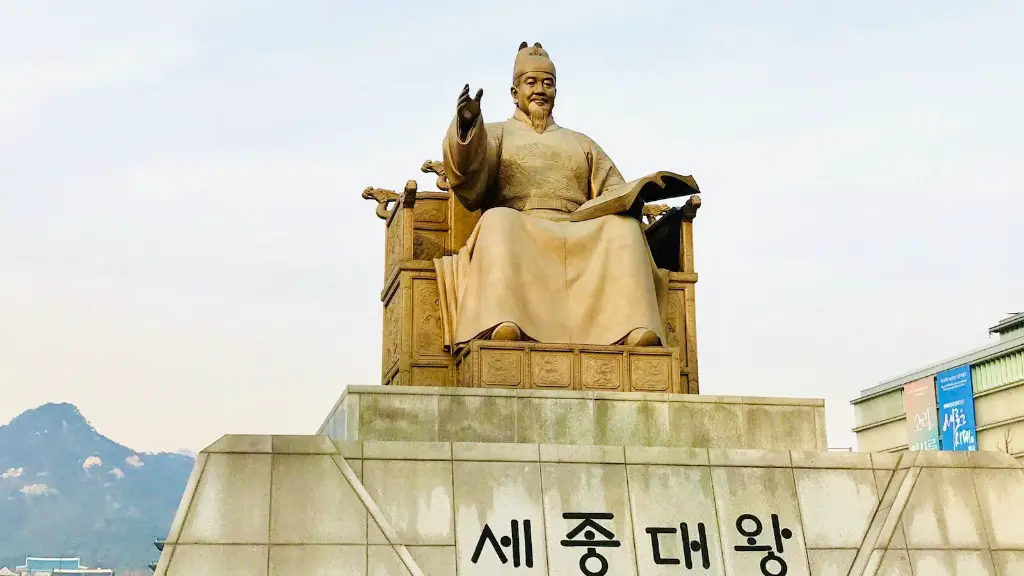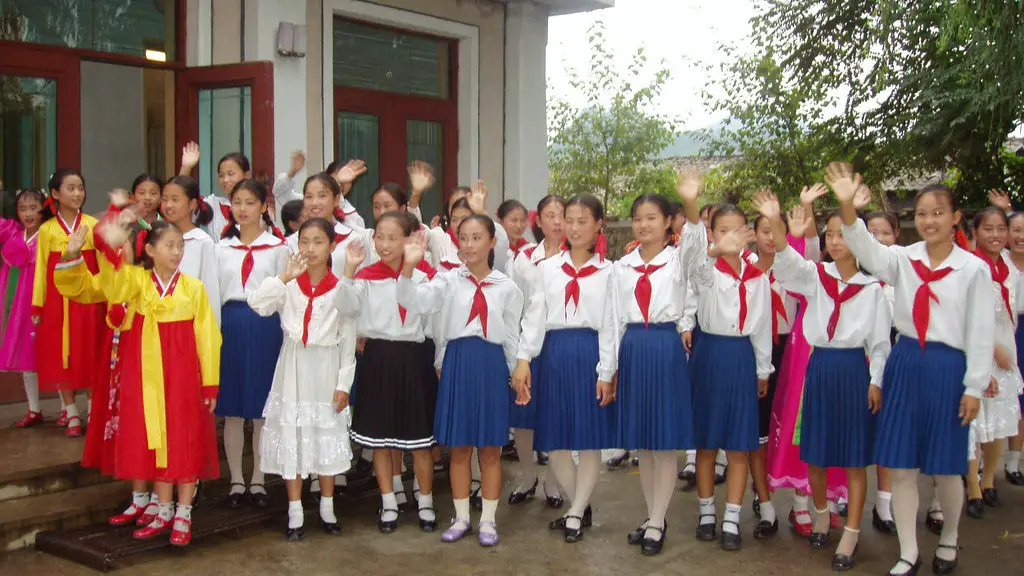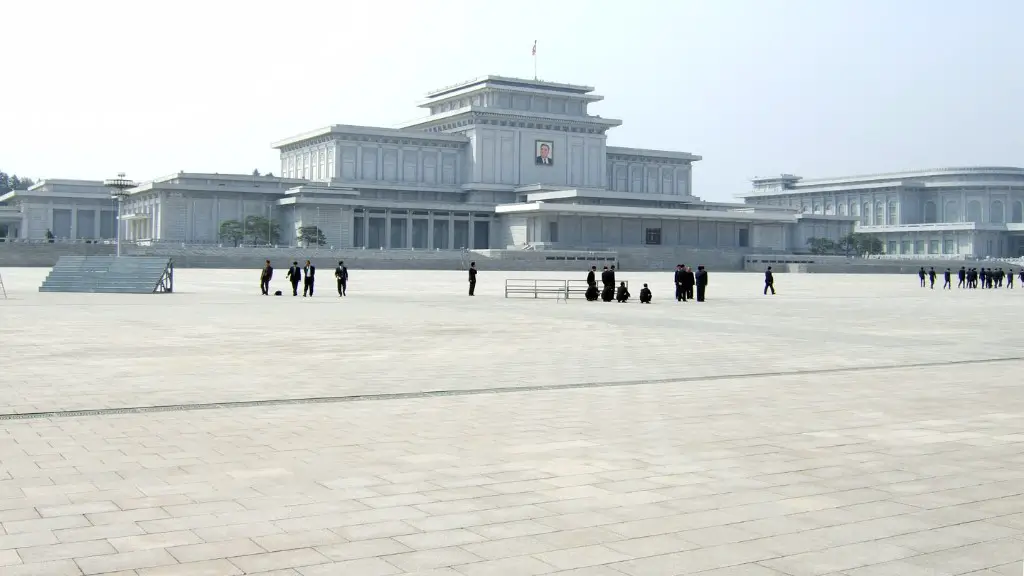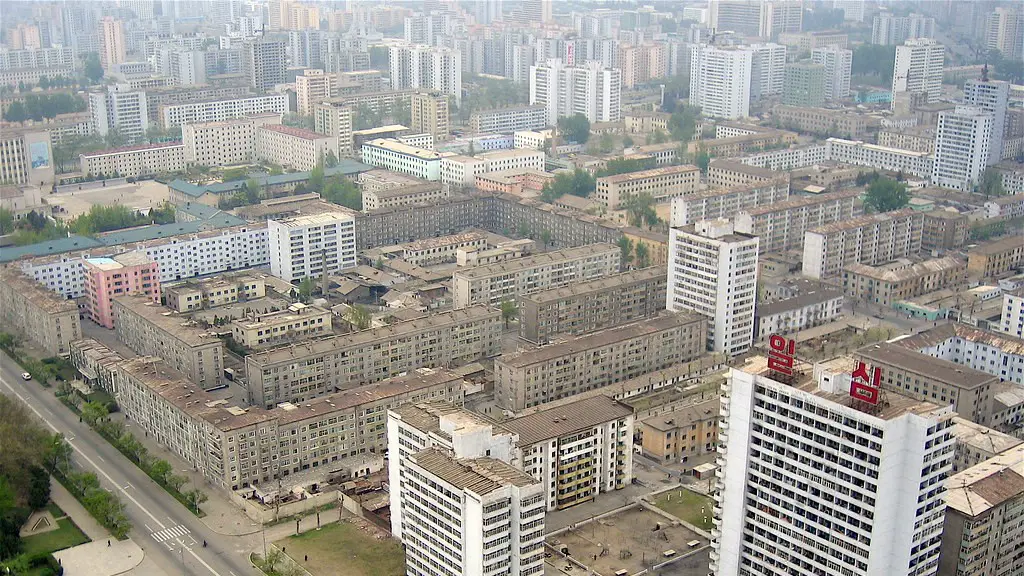Overview
From its isolationist policies to past human rights abuses, North Korea continues to be the subject of intense international interest. While much of what happens within the country’s borders remains unknown, there are ways to gain insight into the nation and its citizens. North Korea has a long, troubled history; it is a nation with no consistent political structure and few civil liberties. While the government has attempted to complete a shift towards a more centralized rule, the consequences of their efforts have not been entirely positive. It is important to understand the population’s living conditions, the oppression of media and communication, and the restricted trade practices in order to gain an understanding of what is actually going on in North Korea.
Living Conditions
Life in North Korea is a far cry from the comforts of the Western world. The basic necessities are often difficult to acquire, and citizens have turned to the black market in order to fulfill their daily needs. According to the United Nations, over 10 million North Koreans do not have access to the food, water, and medical care needed to sustain life. This has created an especially vulnerable population, one struggling against hunger, poverty, and the threats of political unrest. Reports from the World Food Program indicate that 3 out of 4 North Koreans experience malnutrition, and many lack basic education and health services.
The living conditions are not likely to improve anytime soon, as the government maintains tight control on citizens’ lives. Education and healthcare are reserved for the elite, and resources are scarce. Furthermore, the overwhelming majority of citizens are without access to the Internet, making them especially vulnerable to the regime’s propaganda. The citizens have no access to international media outlets, which limits the information they can access and obscures the truth.
Oppression Of Communications
North Korea has a long history of suppressing free media, communication, and access to the Internet. For example, satellite dishes and other devices capable of accessing international news are strictly banned. Communications with the outside world are blocked, and connections between family members are limited. The North Korean government also has complete control over radio and television, implementing a strict censorship process to ensure that only approved information is broadcast. In addition, the regime has been accused of planting spyware in cellphones and other mobile devices in order to monitor the activities of citizens.
These tactics are used to control the spread of ideas and repress public opinion. The government seeks to maintain its power by controlling what information citizens consume, and thus they are able to manipulate the population’s perspective on various issues. The regime also restricts its citizens’ rights to assemble, to association, and to organize. Criticism of the regime is rarely tolerated and can lead to imprisonment or even execution.
Restricted Trade Practices
North Korea’s economy is heavily reliant on trade with foreign countries, though the government strictly controls what goods and services are allowed to cross its borders. The government has recently tightened export restrictions, making it even more difficult for the nation to generate income. Trade with South Korea has also been limited, since the North Korean government does not recognize the legitimacy of the South Korean government.
Sanctions from the United Nations and other international bodies have further hampered North Korea’s trade activities. These sanctions are designed to punish the regime for its nuclear weapons development and human rights abuses, but they have had an adverse effect on the country’s economy. The sanctions have caused shortages of key goods, including fuel and food, and have exacerbated already strained living conditions. As a result, many North Koreans are facing difficult economic circumstances.
Consequence Of Isolationism
North Korea’s decade-long isolationism has created a population of people who are severely out of touch with the world. The regime’s efforts to control the spread of information have left many citizens unaware of world events and foreign cultures. Furthermore, the government’s refusal to modernize has caused its infrastructure to fall behind most other countries. This lack of access to modern technology has left North Korea’s citizens without the skills needed to compete in today’s global economy.
The regime’s seclusion has also caused it to become increasingly disconnected from the global community. Nations that once considered North Korea an ally have turned away, citing the nation’s human rights abuses and refusal to abide by international standards. This has strained relations between the country and its neighbors, and has further isolated the nation from the rest of the world.
Cultural Affects On Society
The North Korean regime has been known for its harsh treatment of its citizens and its complete control over their lives. This oppressive rule has had a lasting effect on the culture and mentality of its citizens. Many North Koreans have grown up without access to the outside world or the freedom to express themselves. This lack of diversity has caused citizens to become fearful and distrustful of their government, making them more likely to accept their oppressive rule.
The North Korean mindset has also been branded with a sense of patriotism and loyalty to the regime’s leader, Kim Jong-Un. People are encouraged to show their support for the government and its policies, and criticism of the regime is rarely tolerated. In addition, the fear of censure or punishment has led many citizens to stay silent on issues they oppose.
International Responses
North Korea’s human rights abuses and nuclear proliferation have led to international condemnation. A number of nations have imposed economic sanctions on the regime, aiming to put pressure on the government to improve the lives of its citizens. However, many believe that such measures will fail to produce tangible results, as the North Korean government is notoriously unyielding.
The United Nations has also called for international aid to be sent to North Korea, in order to alleviate the hardships faced by its citizens. The organization has documented numerous human rights abuses and is committed to providing assistance to those in need. However, the strict conditions imposed by the North Korean government have made it difficult for aid organizations to reach the people that need it most.
Political And Security Issues
North Korea has a long history of political instability and regional insecurity. The nation’s tense relations with South Korea and its failed nuclear weapons tests have caused great concern in the region. In addition, North Korea is known to have a large stockpile of chemical and biological weapons, including nuclear bombs, making it a serious threat to global security.
The nation’s political situation has been largely unpredictable and a source of constant speculation. The nation’s current leader, Kim Jong-Un, is thought to be consolidating power and is increasingly seen as an authoritarian ruler. While the international community is beginning to see some hope for North Korea, it remains to be seen how the country’s situation will develop in the future.
Military Spending And The Economy
The North Korean government has long been accused of using state funds to maintain its military capabilities, prompting accusations of human rights abuses against its citizens. Reports from human rights groups and the United Nations indicate that the government has diverted resources from education, healthcare and other basic necessities in order to finance its military efforts. This has left many of North Korea’s citizens suffering from malnutrition, poverty, and other forms of deprivation.
The North Korean economy is heavily reliant on foreign aid and trade, as the nation is largely closed off to the outside world. Citizens are also finding it increasingly difficult to access resources due to the restricted exports, leaving them even more vulnerable to poverty and suffering. The government’s efforts to secure the nation’s military stance have only further strained the country’s economy, creating a dire economic situation in the region.




